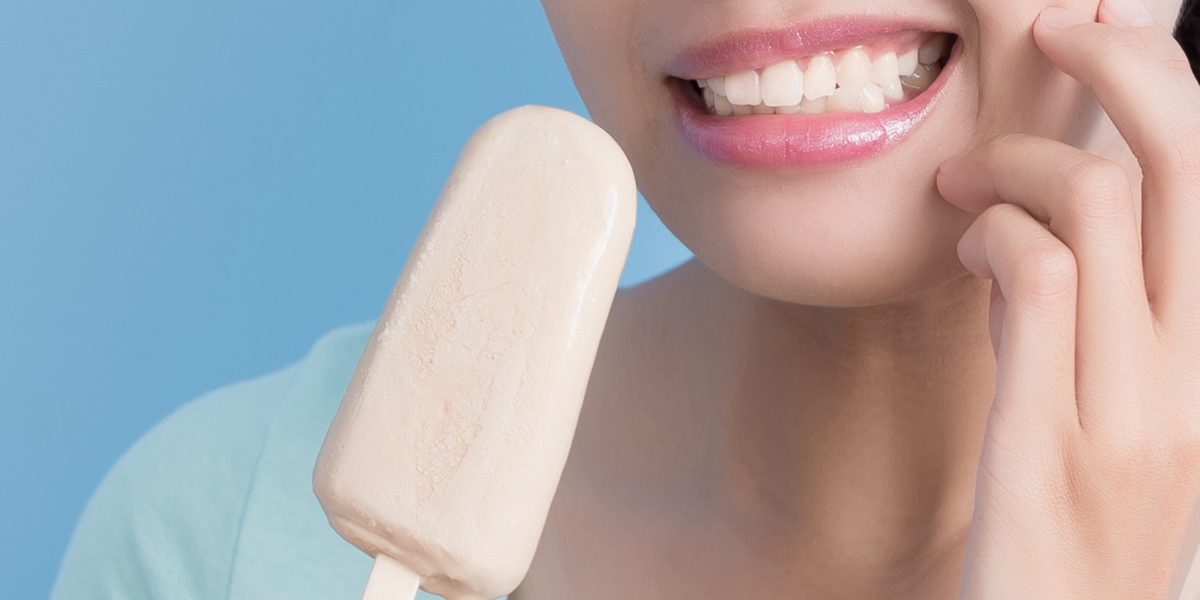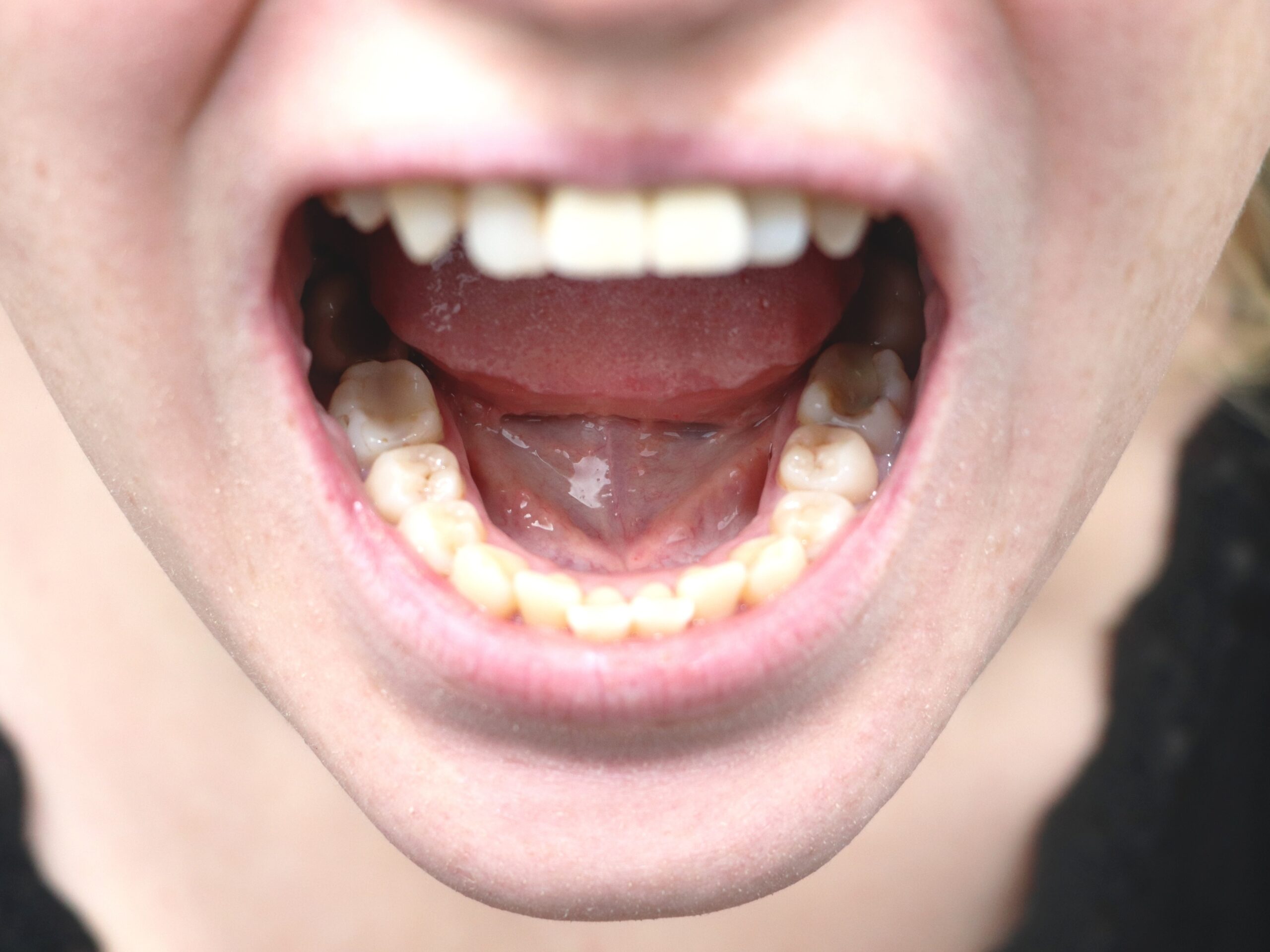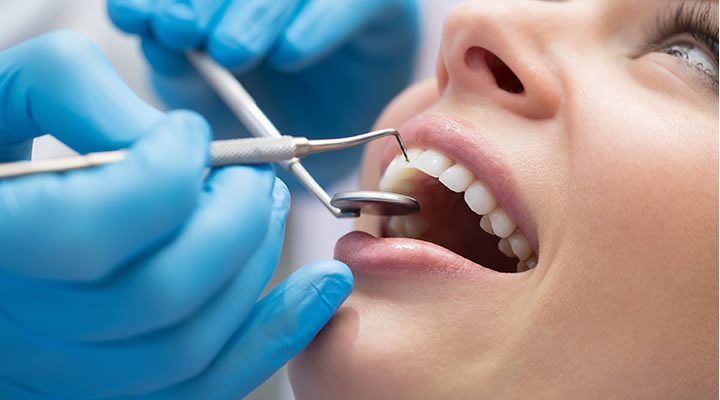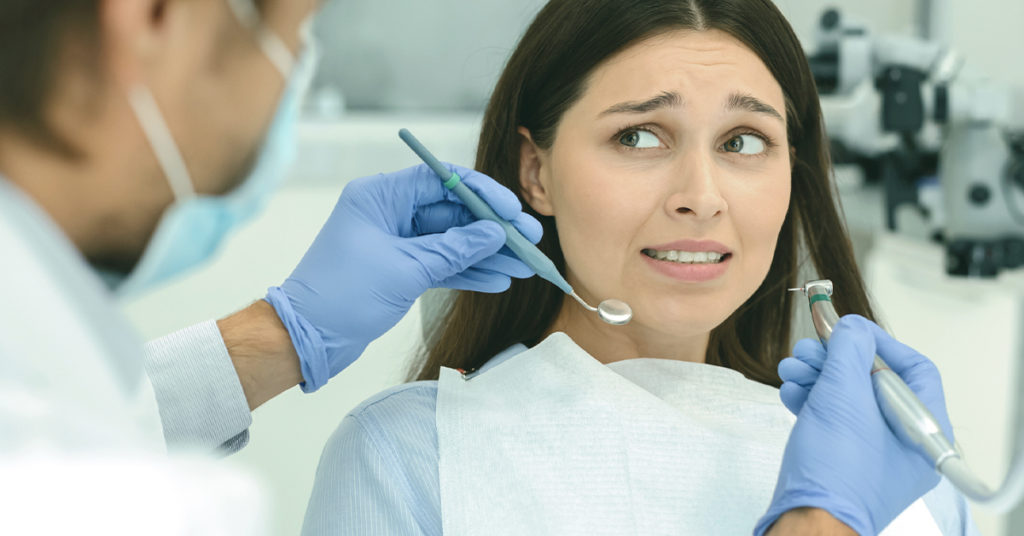Baby’s Oral Care: A Comprehensive Guide
Baby’s oral care is a fundamental component of infant hygiene and overall well-being. Even though newborns may not yet have teeth, it is important to initiate proper oral hygiene as soon as possible, establishing the basis for a lifetime of excellent dental health.
Cleaning Gums from Birth
Many parents are surprised to learn that oral care for babies begins before teeth even appear. Before your baby’s initial tooth even appears, it’s essential to clean their gums regularly. This practice not only maintains a clean environment in the mouth but also gets your baby accustomed to oral hygiene.
To clean your baby’s gums:
- Use a clean, moistened washcloth or gauze pad.
- Gently wrap the cloth or gauze around your index finger.
- Gently wipe the baby’s gums, top, and bottom, after each feeding and before bedtime.
- This removes any milk residue or bacteria and helps prevent future oral problems.
The Process of Teething and the Significance of Early Dental Care
The onset of teething typically occurs at around six months of age, although it can vary from one baby to another. During this period, your baby’s first teeth (usually the lower front teeth) will start to emerge. Teething can be uncomfortable for babies, and they may experience symptoms such as irritability, drooling, and sore gums.
To alleviate teething discomfort:
- Give your baby a clean, cold teething ring or a cold, damp washcloth to chew on.
- Rub your baby’s gums gently with a clean finger.
- If teething symptoms are severe or persistent, consult your pediatrician as soon as possible.
Brushing Baby’s First Teeth
Once your baby’s initial tooth surfaces, it’s time to introduce a toothbrush into their oral care routine. Use a soft, age-appropriate toothbrush designed for infants. Brushing should be done gently and without toothpaste at this stage.
To brush your baby’s first teeth:
- Use a toothbrush with small, soft bristles specially designed for babies.
- Brush gently and use a circular motion, cleaning each tooth’s front and back.
- Refrain from using toothpaste until your child reaches the age of two or as advised by your dentist.
Choosing Baby’s Toothpaste
When your child turns two years old, it’s appropriate to introduce toothpaste into their oral hygiene routine. Look for fluoride toothpaste with the American Dental Association (ADA) Seal of Acceptance, which ensures it is safe and effective.
When selecting toothpaste:
- For children under three years old, apply a portion the size of a grain of rice, and for those aged three to six, use an amount equivalent to the size of a pea.
- Instruct your child not to ingest toothpaste but to expel it by spitting after brushing.
Establishing a Baby’s Regular Brushing Routine
Maintaining a regular oral care routine for your baby is essential. Encourage your child to brush their teeth twice a day — once in the morning and again before bedtime. Create a pleasant and positive brushing experience by allowing them to pick their toothbrush or play their favorite song during brushing time.
Encourage Healthy Eating Habits
A healthy diet plays a vital role in ensuring good oral health. It’s important to limit the intake of sugary snacks and drinks, as they can contribute to tooth decay. Encourage your child to follow a well-balanced diet that includes plenty of fruits, vegetables, and whole grains. Furthermore, offer water as the main beverage choice to help wash away food particles and maintain proper hydration.
Regular Dental Check-Ups
Starting at around one year of age, or as recommended by your pediatric dentist, schedule your child’s first dental check-up. Routine dental appointments are vital for the early identification and prevention of dental problems.
During dental visits:
- The dentist will check for tooth decay, gum health, and overall oral development.
- Ask the dentist for advice on fluoride treatments and dental sealants, which can help prevent cavities.
Maintain Good Oral Hygiene Habits
As your child continues to grow, continue to instill good oral hygiene habits. Supervise their brushing until they can do it proficiently on their own, which typically occurs around the age of seven or eight. Emphasize the importance of thorough brushing and flossing to uphold healthy teeth and gums.
Caring for your baby’s oral health is important for childcare. Starting a great oral hygiene practices from birth, addressing teething discomfort, and adhering to a consistent brushing routine are crucial measures to guarantee a lifetime of healthy smiles. Don’t forget to arrange regular dental check-ups and offer a well-balanced diet to bolster your child’s oral health journey. By placing importance on oral care for your baby, you establish the groundwork for a lifetime of outstanding dental health.




